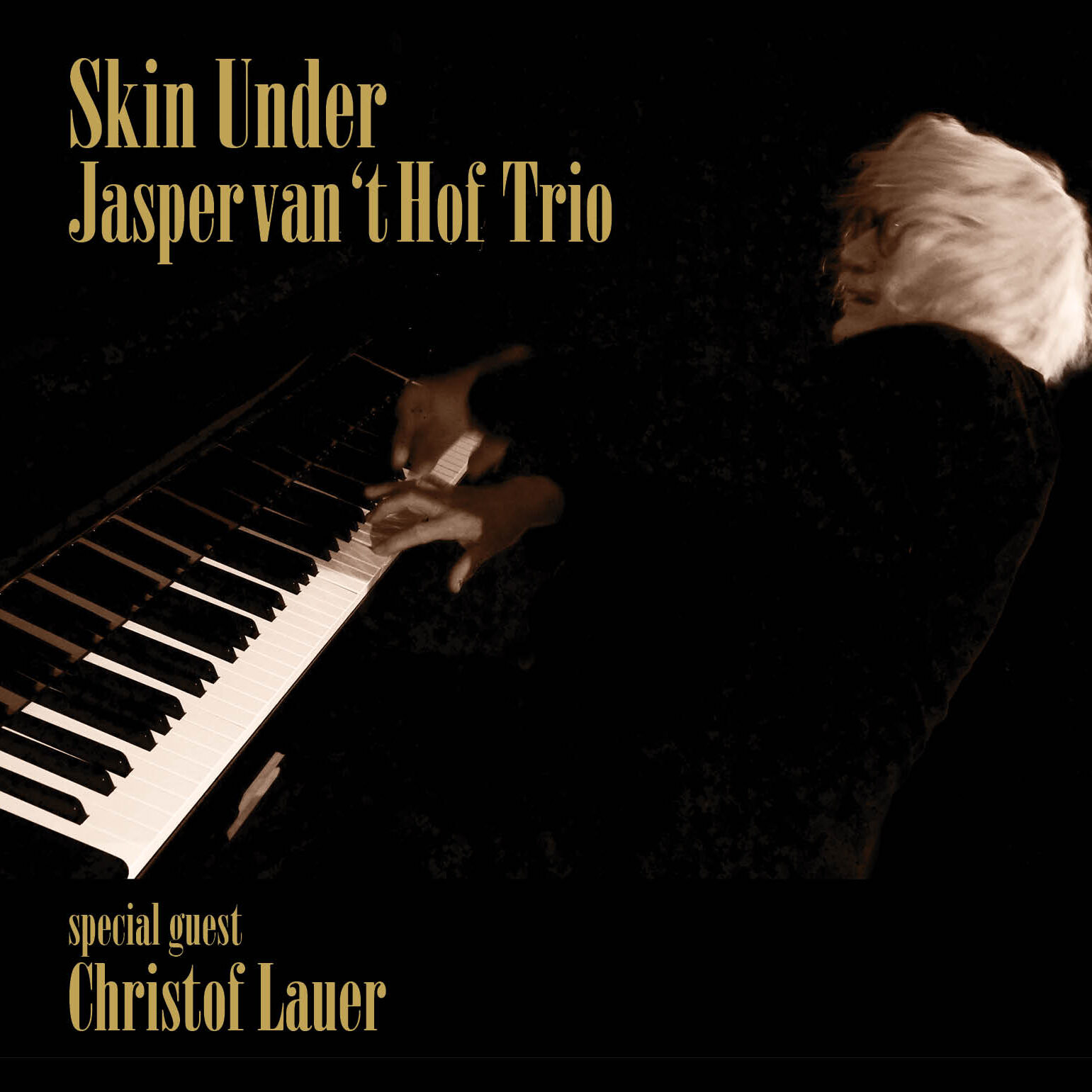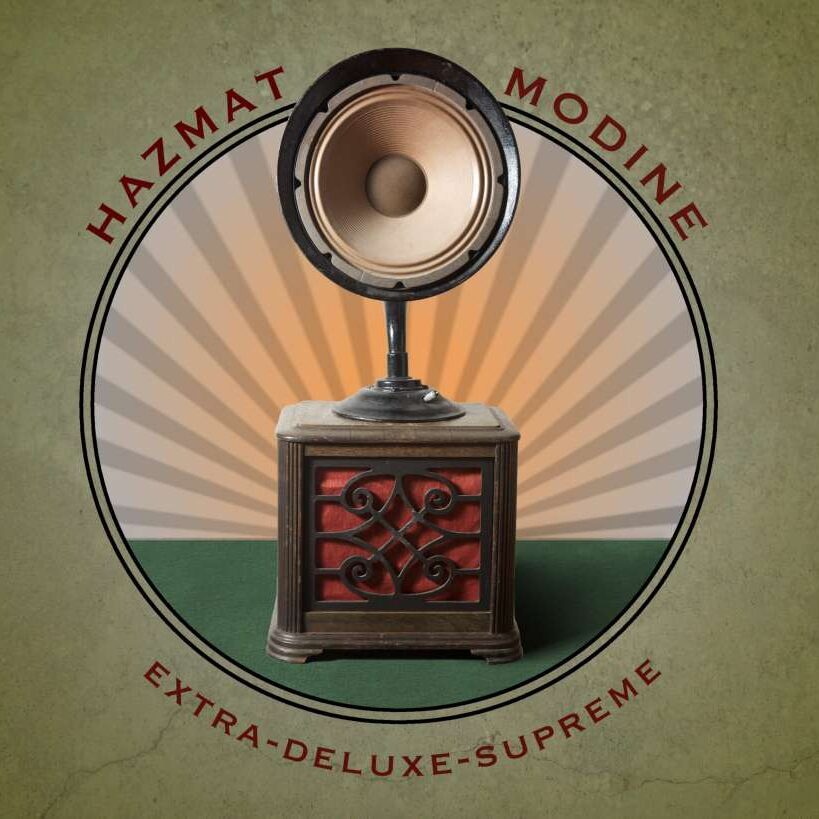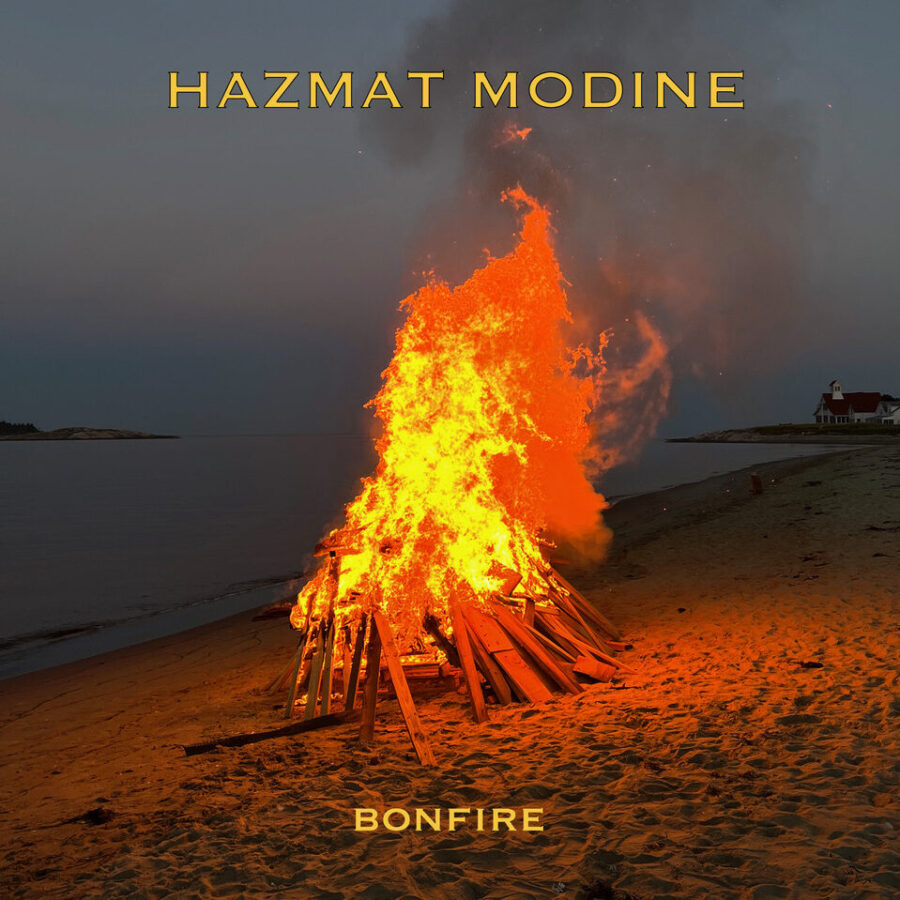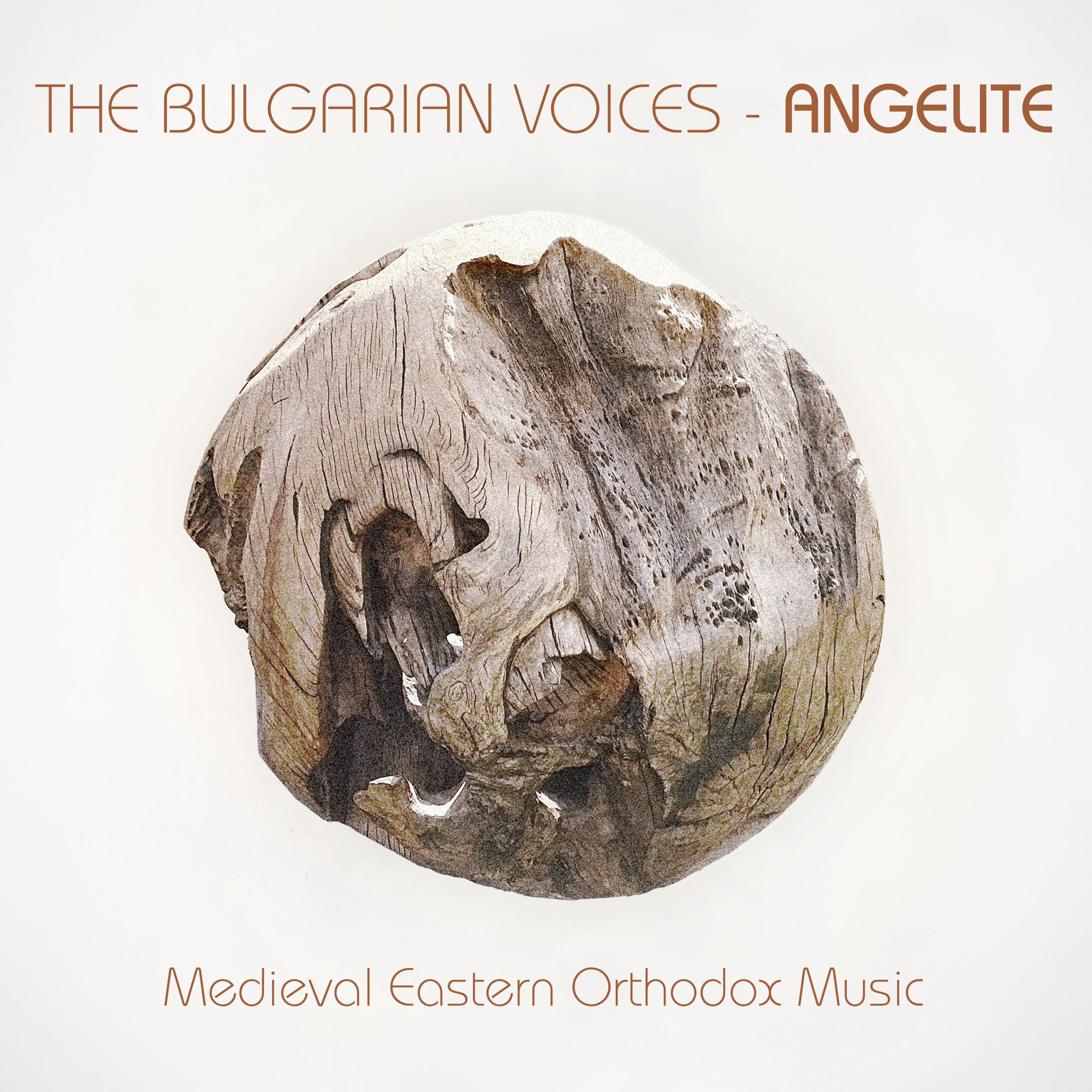[tabs style=”default”][tab title=”Info”]
They play just as they feel – soundly and happily. In their music there is everything – joy and musing, everyday work, smell of fresh clover, taste of spring water and the most joyful and cleanest youth.It is a completely new youth “band” with real rock guts, though playing “without power and upstream“. It is famous for its vigorous violins and lively drums and the singing “shouting” with wild verve what everyone has in mind about virginity.
Their first album is an invitation to “Hopsasa Classic Polo“, featuring only traditional songs from the heart of Poland. The record was considered the folk album of 1998 by the listeners of Polish Radio 3 and the rebellious magazine Brum. No wonder as the album presents the modern, dynamic bio-techno style and, at the same time, is so Polish and “wellseasoned” as old, good and strong wine. The young people discovered in the land on the Vistula River the native, shamanic layers, which wake up the remains of the surviving Polish genetic code and hypnotize crowds to exhaustion until daylight (as during the first major concert in 1997 “Przystanek Olecko“). They are favorites of the audience and receive prizes from both the audience and jurors of numerous competitions, begining from “New Tradition ’98” organized by the Polish Radio.
They are ultra rebellious, playing the so-called “hard core from the barn” on traditional Polish instruments and singing in the dialect of “white” peasants from our “farms and plantations”. As if that was not enough, they are invited to established musical events, such as Probaltica ’99 that is the 6th Festival of Music and Art of Baltic Countries or Meetings with Chopin. They got second prize of German “Folk World 2000” scene.
[/tab][tab title=”Press”]
“Wailing Shamisens, Ferocious Polish Songs and a Whiff of Cabaret. One strategy was sheer ferocity that worked for the Warsaw Village Band, which played aggressive versions of traditional Polish songs, describing its music as “radical roots style” and “hardcore folk”; its fiddle player had dreadlocks. Three women sang with the traditional cutting tone and drone harmonies of Slavic songs, and the band spurred them on with more drones (from fiddle and cello), with drumbeats and with the insistent pattering of a hammered dulcimer. The propulsion, generated by muscle power, could be as relentless and invigorating as techno, but the voices sounded ancient.” NEW YORK TIMES
“[…] but the raw passion is impossible to miss.” Times Online
“Still, this is an staoundingly accomplished debut. The medlodies feel ancient, the isntrumental dynamics extremely modern, and a measure of youthful earnestness is all part of the charm.” Daily Telegraph
“Like the best world-music groups, the ” WVB” respect the roots but aren’t constrained by them.” Evening Standard
[/tab][/tabs]




